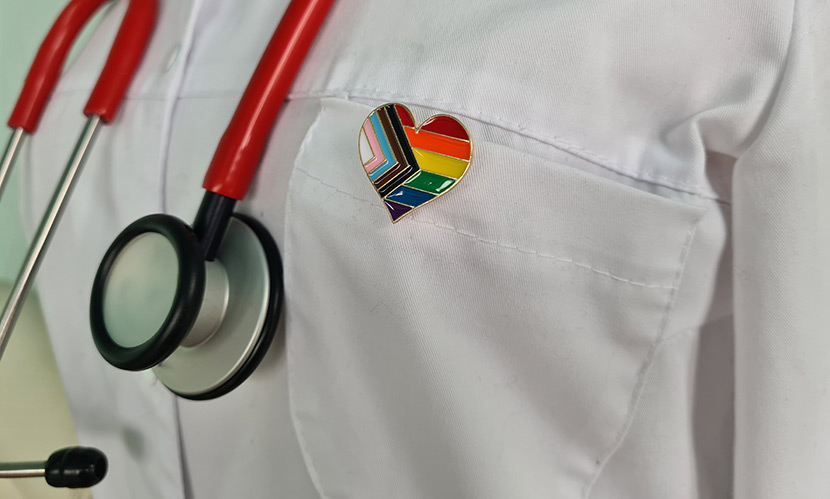Access to health care is a right of everyone. However, navigating the health care world as a member of the Lesbian, Gay, Bisexual, Transgender, Queer, Intersex, and Asexual (LGBTQIA+) community can often be a daunting task.
Many challenges exist that make acquiring basic health care more difficult for the LGBTQIA+ population than it is for the general population. LGBTQIA+ individuals tend to avoid primary care due to fear of being stigmatized, fear of uncomfortable conversations, fear of lack of cultural competency on the part of providers and their staff. The LGBTQIA+ population also has a higher rate of underinsurance than the general population.
Because of these challenges, LGBTQIA+ health outcomes are worse than the rest of the population. Conditions such as heart disease, diabetes, high cholesterol, and obesity affect the LGBTQIA+ community at a higher rate. Other concerns facing the LGBTQIA+ population include HIV/AIDS, sexual or physical violence, and substance abuse.
Making Preventative Health Care Work
With the appropriate preventative health care, one can lower their risks. In 2023, it has never been easier to find a culturally sensitive approach to your health care. It is not unreasonable to seek out a physician who shows an interest in working with members of the LGBTQIA+ population, so don’t be afraid to ask what their previous experiences are working with LGBTQIA+ patients.
Having a solid physical health care plan in place is only one part of the equation. The LGBTQIA+ population also faces increased rates of emotional and mental health issues likely in large part due to the multiple social stressors that LGBTQIA+ patients face.
Gender Care
For transgender and gender diverse (TGD) patients, the approach to health care can be even more complex and challenging. There aren’t many holistic, primary care programs for TGD individuals.
North Memorial Health Clinic – Brooklyn Center is one of the few places TGD individuals can access all their primary care and gender-related medical needs under one roof from a welcoming and experienced team of doctors and medical professionals.
The first two visits will include initial consultations with a provider and the clinical pharmacist for an in-depth discussion on the risks vs. benefits of hormone therapy and follow-ups on dosing and troubleshooting problems patients may have with their medications. When needed, our experienced team can help coordinate referrals for other elements of gender care, such as psychology and specialized surgeries.
North Memorial LGBTQIA+ Resources
North Memorial Health Care is proud to offer the LGBTQIA+ population an accessible, easy, and culturally competent care program. We have a number of openly LGBTQIA+ providers as well as many allies who specialize in the physical, sexual, and emotional health of the LGBTQIA+ population.
Learn more about our providers. To make an appointment, call 763-581-5630.


